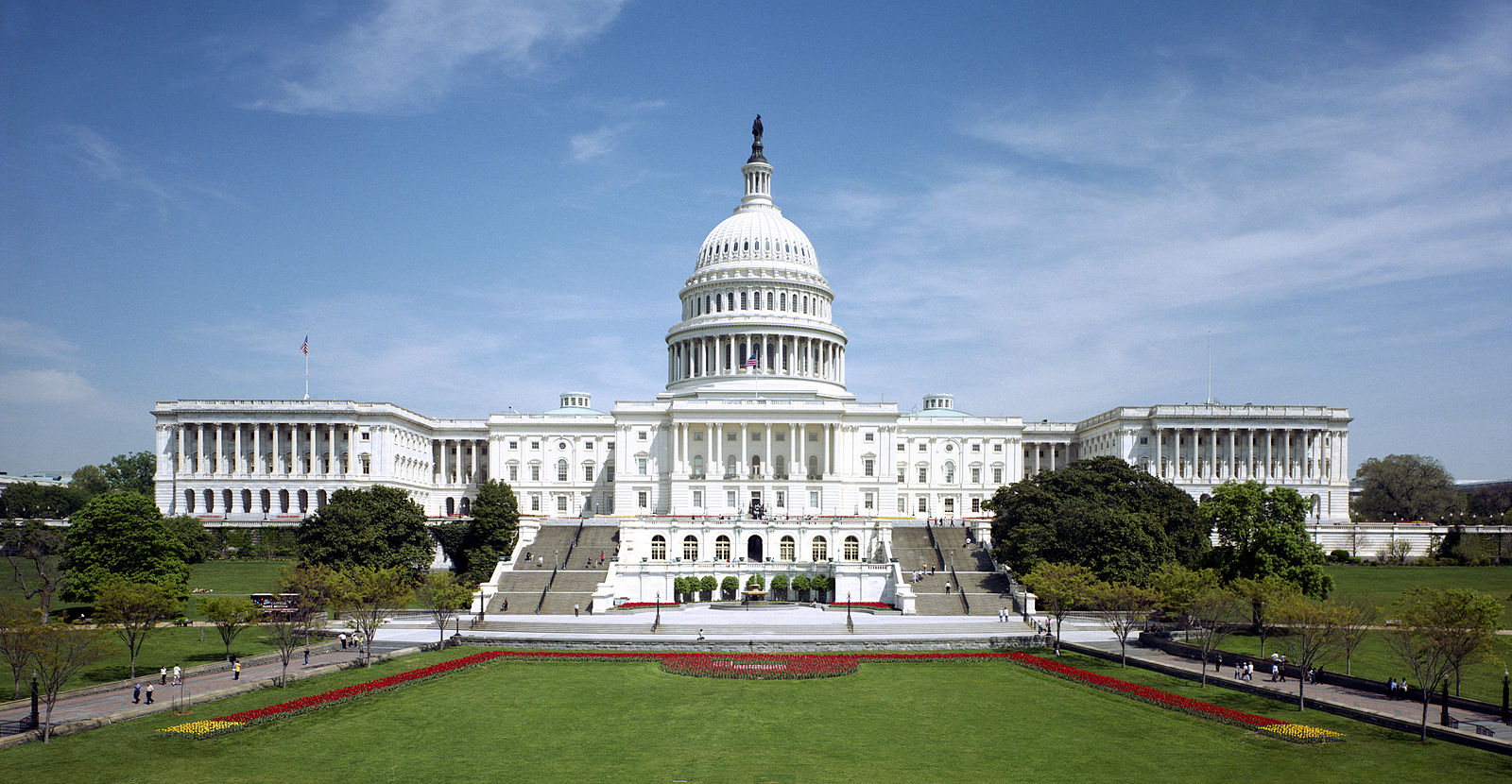If there’s one thing this election did for conservatism, it was forcing conservatives to consider what is truly important. Conservatism doesn’t have an official set of beliefs, so anyone can claim to be conservative. Yet it was founded to be the movement of limited government, individual rights and American exceptionalism.
But in recent years, many conservatives have moved from these core principles to a “social conservatism” that has cost conservatives elections and popular support. Though conservatism had a strong track record of success, the movement has started to lose its way — in part because social conservatism has trumped core conservative principles. Conservatives’ electoral prospects look bleak for the third consecutive presidential election and more alarmingly, they’re failing to connect with millennials.
Social conservatives’ high-profile political battles over a number of LGBT rights, women’s issues and other individual rights have drowned out the core conservative principles mentioned earlier. Others have refused to engage — much less provide conservative solutions — on issues important to millennials like civil liberties, student debt or drug policy. These two problems are preventing an entire generation from hearing the true conservative message, which could address a number of their concerns and problems.
Conservatives need to focus on the $19 trillion federal debt — and the massive unfunded liabilities for programs like Social Security and Medicare — which will burden millennials for an entire lifetime. They need to focus on economic prosperity because the median wage is shrinking and economic growth is stagnant. Conservatives need to help people find meaningful work and ensure that Americans are properly trained for the jobs of the 21st century, with focus on infrastructure, education and free-market principles. Conservatives need to support civil liberties from big government infringement. Conservatism’s belief in a strong America is essential for dealing with an increasingly dangerous world.
To accomplish these goals — among many others — conservatives need to recommit to their core principles. If conservatives fail to do this, they risk the fundamental ideas of constitutionalism, limited government, individual freedom, individual responsibility and free-market capitalism.
Refocusing on just two proven facets of conservatism will enable Americans to solve the complex challenges of the 21st century. They are:
1. Maximize individual and market freedoms
2. Adhere to a constitutionally limited government
Why should the government make choices for the individual?
Unless an individual’s action would violate a “harm principle,” the government should let individuals pursue happiness in their own way. Individuals should be free to speak, learn and listen as they please. This strengthens the societal marketplace of ideas, promoting diversity of thought and allowing problems to be tackled from different perspectives. It allows individuals to self-actualize and achieve the dreams they want — individuals can make their own decisions. Conservatives must recommit to defending these freedoms from the tyranny of the majority.
It means conservatives have to commit to allowing the individual to live as freely as possible under a government. When it comes to speech, enterprise, self-defense, lifestyle or other individual action, conservatism demands that politicians protect individual rights from tyranny of any government.
This same freedom is the backbone of economic growth. The right to own property, engage in free enterprise and join the open markets propelled this country to unprecedented economic heights for the past two centuries. Conservatism — through free market policy — allows entrepreneurs to innovate and develop new technologies that make the American economy the world’s strongest. Free markets drive economic and wage growth in democracies, not government regulation.
Conservatives must fiercely defend constitutionalism and limited government. Federalism is supposed to restrict one particular government. A serious erosion of federalism might allow the central government to become too powerful and curtail individual liberty. Furthermore, government must be limited in scope: The massive federal debt, perpetual deficit and unfunded liabilities will be catastrophic for younger generations if left unaddressed. Government spends nearly 60 percent of the budget on social safety net programs alone, and that number will continue to grow.
Government should be focused on critical areas like defense, rule of law, infrastructure and market inefficiencies. Furthermore, conservatism argues that problems should be addressed by the appropriate government, often a state or local government more familiar with the nuances of an issue. This idea of states as “laboratories of democracy” allows different jurisdictions to test new policies — like states have with the minimum wage, health care or marijuana.
Conservatives, within the bounds of this limited government, must also provide solutions for issues of particular concern to millennials, including personal debt and policing issues. Ignoring these not only drives away millennials, but it leaves critical individual rights in jeopardy.
The future of conservatism is found in a leader like Paul Ryan or Rand Paul. It’s in young activists like Jordan Richardson or Lori Sanders. It’s conservatives who don’t use government to legislate morality, but to use it to guarantee freedom for all. Political conservatives must return to the fundamental message of conservatism: Maximize freedom, limit government. Not only will conservatives win, but Americans will too.
Matt Dragonette, opinion editor, is a senior accounting and government and politics major. He can be reached at mdragonettedbk@gmail.com.



